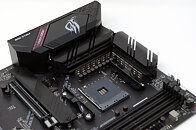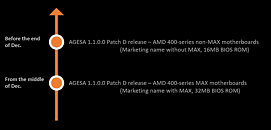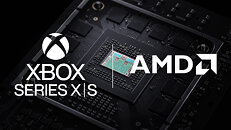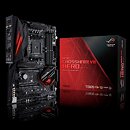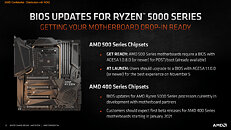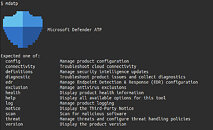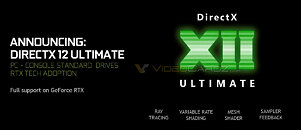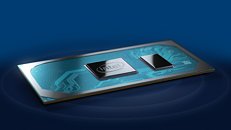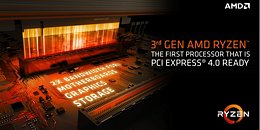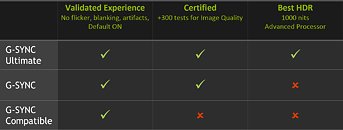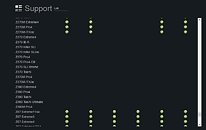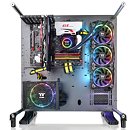
ASUS Enables Resizable BAR Support on First-Generation AMD Ryzen CPUs
When AMD introduced its Smart Access Memory (SAM) technology, it was used as one of the key advertising points for its 5000 series of Ryzen processors based on Zen 3 architecture. At the time of launch, it was believed that only the latest generation of Ryzen processors can support it and only AMD GPUs can see a benefit in performance. However, later on, many of the motherboard makers have been playing with BIOS updates and have found a way to enable resizable BAR, the technology used for SAM, on non-AMD platforms. Today, thanks to the Reddit user Merich98 we have found out that ASUS has enabled resizable BAR support via BIOS update.
The user has used BIOS version 2409, released just a few days ago, on ASUS B450-PLUS motherboard. The feat is no extraordinary because it works on a B450 motherboard, it has been supported for a long time, but rather the feat is impressive because it works with the first generation AMD Ryzen 7 1700 processor. This contradicts the theory that SAM only needs 5000 series AMD Ryzen processors to run. However, the gains were not that great. On average, the average frame rate number has increased by a small +0.839%. This could be attributed to some margin of error, so it seems like SAM is not giving much performance uplift in this case.
The user has used BIOS version 2409, released just a few days ago, on ASUS B450-PLUS motherboard. The feat is no extraordinary because it works on a B450 motherboard, it has been supported for a long time, but rather the feat is impressive because it works with the first generation AMD Ryzen 7 1700 processor. This contradicts the theory that SAM only needs 5000 series AMD Ryzen processors to run. However, the gains were not that great. On average, the average frame rate number has increased by a small +0.839%. This could be attributed to some margin of error, so it seems like SAM is not giving much performance uplift in this case.
